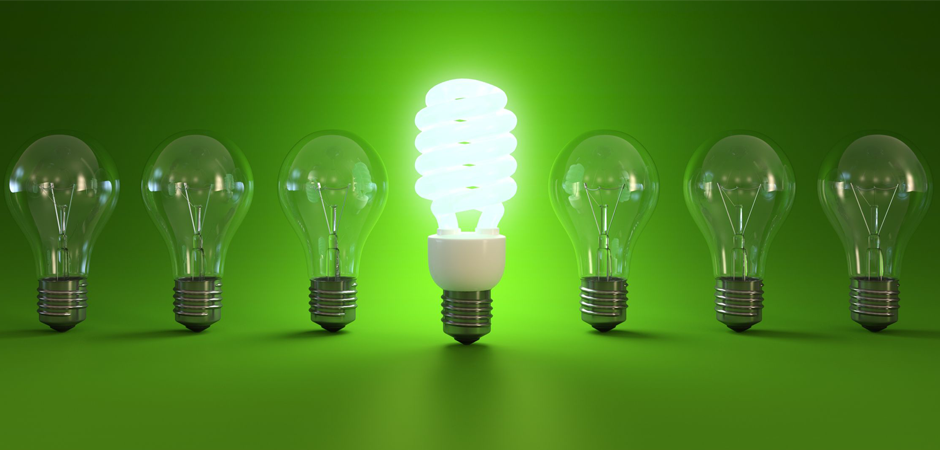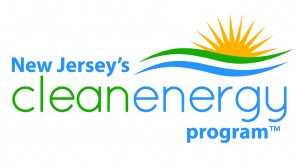The Importance of Compromise in Energy Efficiency Policy
The core work of the “Energy Efficiency – Residential Demand-side Management” group within ICF International involves the organization and implementation of rebates for ENERGYSTAR appliances and lighting in retail stores around the country. These rebates are funded by money from numerous state governments that fund rebate programs supported by utility companies.

Through my internship work on these programs, I have come to understand how important it is to involve multiple stakeholders and actors in the policy making process.
The EmPOWER Maryland Energy Efficiency Act

One example of the importance of stakeholders in policy making can be seen in the EmPOWER Maryland Energy Efficiency Act. EmPOWER Maryland set a target reduction of 15% in electricity consumption and demand by 2015, from 2007 baseline levels.
As part of this program, Maryland’s five largest utilities, Baltimore Gas & Electric, Pepco, Delmarva, Potomac Edison, and SMECO provide numerous programs to help consumers reduce electricity consumption and decrease their energy bills.
However, in order to create an initiative that would be viable not only for consumers, but industry and utilities as well, numerous stakeholders were included in the creation of the legislation. Target reductions in electricity consumption and demand were influenced by input from stakeholders such as electric and gas utilities and suppliers, environmental advocacy groups, and state agencies.
Although the target reductions may not have been exactly what each stakeholder had originally proposed, compromise was a crucial to the EmPOWER Maryland Act, as it is to all other policy creation.
Most recently, our Demand-side Management Group presented information on behalf of Maryland utilities to the Maryland Public Service Commission on how to extend efficiency programs after the original 2015 target.
The ENERGY STAR Program
In addition to the importance of the EmPOWER Maryland Act to the residential energy efficiency work at ICF, the U.S. EPA-enabled ENERGY STAR program is critical as well.

Each appliance and lighting product our group and utility clients provide rebates for is ENERGY STAR certified. ENERGY STAR is a nationally recognized certification program that helps businesses and individuals in their decision making process when purchasing appliances, lighting, and other products.
There is a minimum level of energy efficiency for all appliances and lighting that wish to be ENERGY STAR certified and those efficiency levels are periodically revised. When it comes time to set a new minimum of efficiency for products, the EPA consults with manufacturers, retailers, analysts, and environmental groups.
Similar to the inclusion of stakeholder comments in the creation of the EmPOWER Maryland Energy Efficiency Act, ENERGY STAR efficiency revisions must include various stakeholders to ensure the new efficiency minimum is technologically feasible, as well as environmentally friendly.
After new efficiency standards are approved, our team informs our utility company clients about products that do (and do not) meet the standards and will (or will not) be able to receive rebates for customers.
The inclusion of various stakeholders when formulating both policy and efficiency standards is crucial. For example, without input from manufacturers on new efficiency standards for lighting products, the EPA might not realize that extremely high standards might not be attainable due to lack of technology. As lighting technology improves, efficiency standards can increase, but without advancing technology, efficiency standards will not be within reach.
So what’s my next project for the energy efficiency team at ICF? I’ll be helping to implement the energy efficiency lighting and appliances rebate program for the New Jersey Clean Energy Program.

By utilizing the same tools and groundwork that we already have in place for our current utility rebate programs, we hope that the NJCEP program will be as successful in reducing energy costs to consumers and providing financial incentives for energy efficient products.
